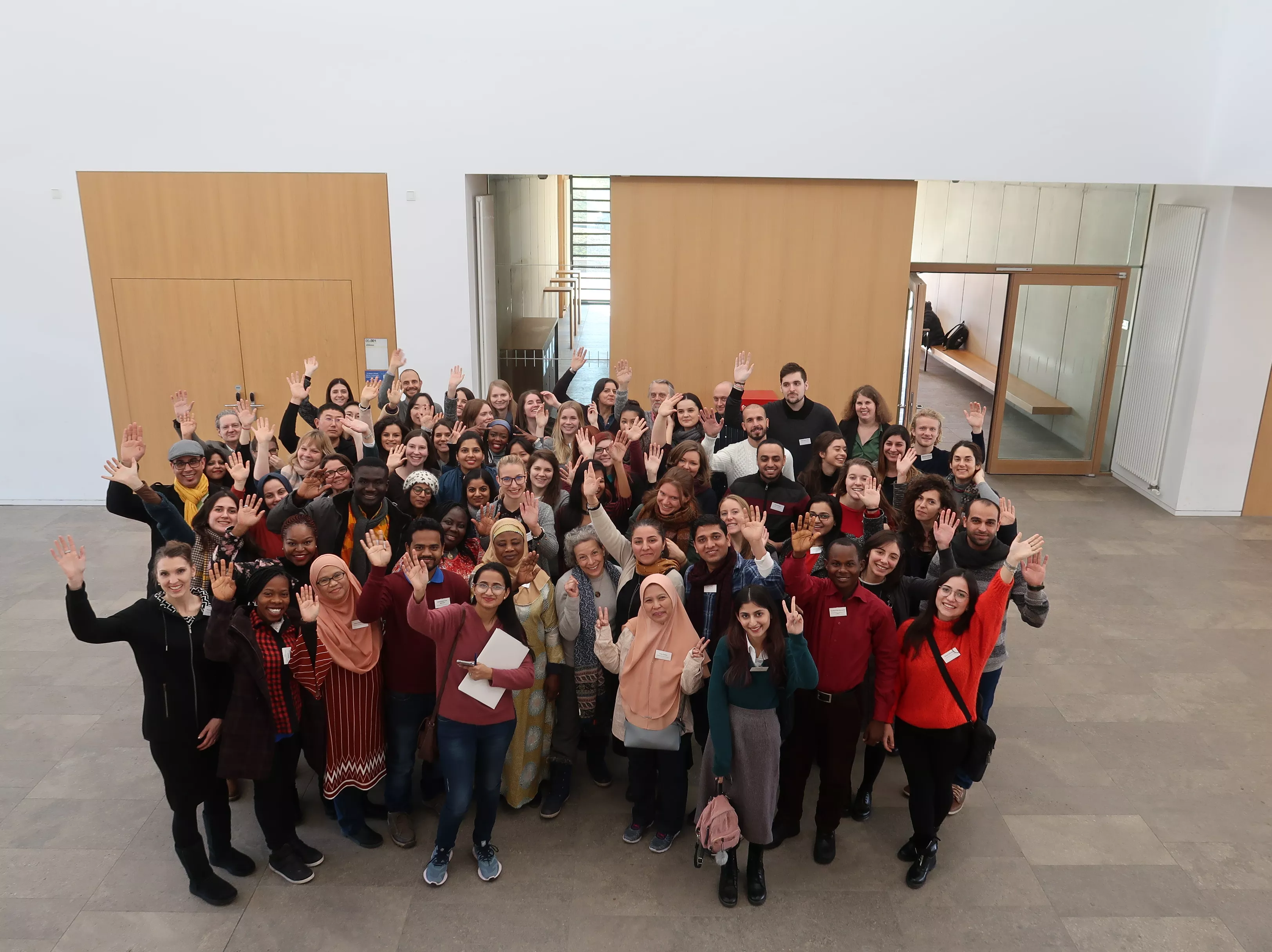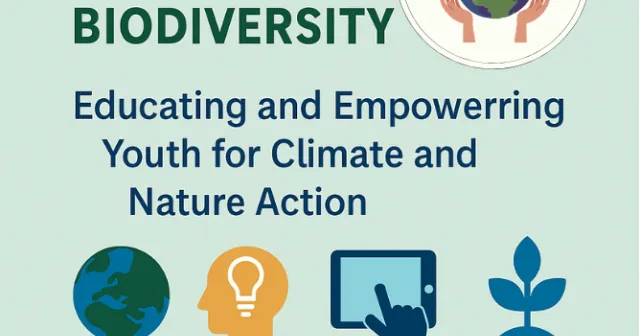Bridging the formal and the non-formal: professionalisation and capacity building in adult education

Professor Regina Egetenmeyer talks about the gap between formally educated adult education graduates and non-formally educated adult learning practitioners. What causes this divide and how can it be fixed? Find out below.
Collaboration between universities and adult education providers
The field of adult education is currently facing demographic changes in its employees. Many colleagues are close to retirement and new younger colleagues are starting their work as adult education providers. My observations for Würzburg (located in south Germany) are the following: we are currently educating more students of adult education than the labour market needs. Graduates are working at adult and continuing education centres, VET centres, the university hospital, HR development departments in companies, etc. This situation is a result of the close collaboration we established over the last years between our department for adult and continuing education and the field of practice. We do field visits with our students at different education centres, we invite practitioners for guest lectures, our students do internships at local centres, we collaborate on research projects (sometimes we also include our master’s students in these projects), and we also have a mailing list for announcing vacancies.
The gap
Both sides are enjoying the deep insights from each other’s fields. But we also observe a deep gap between professionalisation of universities and capacity building of practice. University graduates in (adult) education study educational and didactical theories, history, policies and (empirical) research. On the other hand, study programmes in (adult) education are remaining typically on an abstract level, providing knowledge, which should be relevant in the future and applicable to quite different working fields. Capacity building in the field of practice is frequently much more focused on the concrete working field.
Although there are many differences between university studies in (adult) education throughout Europe, the academic disciplines as well as the Bologna Process brought some kind of standardisation in the studies. Capacity building of practitioners is frequently bound to the structure of an adult education association or to adult education centres. This causes challenges for employees in adult education who are often working at different adult education centres.
However, the biggest gap can be observed between university studies and capacity building: this gap exists in all cases, when university studies are either offered to ‘traditional students’ (young and full-time students) or practitioners. The gap can also be seen, when there are still only few institutionalised links between learning offers/capacity building for practitioners and traditional studies in adult education. There are still only few examples where instruments for validating competences of practitioners in adult and continuing education lead to recognition at universities (VINEPAC, WB-Academy in Austria, GRETA).
These two different approaches have created a big gap between academic professionalisation and capacity building.

Credit: EAEA
Bridging the gap
Bridging this gap means bringing practitioners and students together in learning, but also recognising the different needs.
The Winter School ‘International and Comparative Studies in Adult Education and Lifelong Learning’ of the INTALL project tries to bridge the gap between formal and non-formal education. After five years, in which we have worked solely with students in adult education, in 2019 we invited colleagues from the field of practice to study together with international students one week at campus Würzburg.
We saw that both sides have deep respect for each other: the practitioners considered students and adult education graduates to be well equipped with educational theories, broad knowledge about empirical evidence and to be very competent in educational analysis. The students considered practitioners to know the broad and concrete field of adult education, to be equipped with the best working strategies for the field and be competent in analysis of practical situations.
After the experience in 2019, we expect that the success of bridging formal and the non-formal education will not only depend on the precise identification of the interest of each target group. It will surely also depend on valuing the expertise and competences of the different participants. In this way, didactical planning at university is becoming a challenging adult education task, for which higher education has to learn from adult education centres.
Regina Egetenmeyer is professor for adult and continuing education at University of Würzburg/Germany and coordinator of the COMPALL/INTALL-Winter Schools on comparative adult and continuing education





GRETA europäisch?
Danke für den Hinweis auf die europäische Dimension dieses Themas. Das ist wichtig!
Einen Schritt in diese Richtung geht das Projekt DEMAL (Desing, monitoring and evaluating adult learning classes - Supporting quality in adult learning classes). Es beschreibt ausgehend vom Europäischen Kompetenzrahmen für Weiterbildungspersonal Kernkompetenzen von Lehrkräften in der Weiterbildung in den Bereichen Planung und Begleitung von Lernprozessen auf europäischer Ebene. Ein kleiner Ausschnitt, aber immerhin...